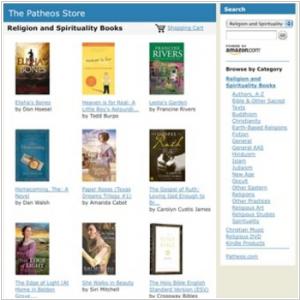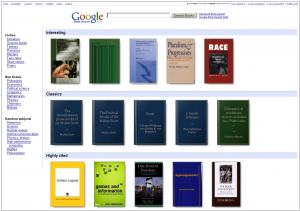Amazon Books vs Google Books
July 09, 2024
62
Google Books is a service that searches the full text of books and magazines that Google has scanned, converted to text using optical character recognition, and stored in its digital database. Search and preview millions of books from libraries and publishers worldwide using Google Book Search. Discover a new favorite or unearth an old classic.
Amazon Books vs Google Books in our news:
2023. Amazon is attacked by AI-generated books
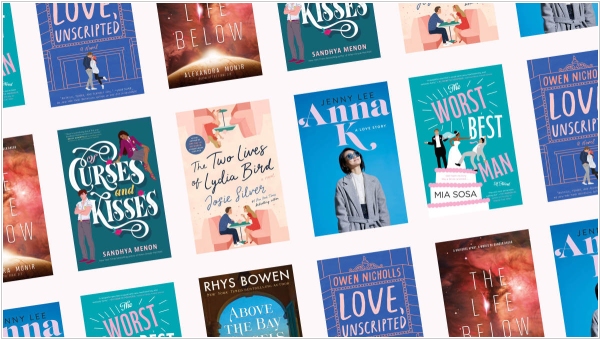
The universe of Amazon’s Kindle Unlimited—a vast digital realm where stories dwell and occasionally make sense—found itself facing an invasion of gibbering, nonsensical AI-generated books, like an infestation of Vogon poetry masquerading as literary art. The Teen & Young Adult Contemporary Romance eBooks category, normally a quiet sector of heartfelt confessions and awkward love triangles, was suddenly awash with algorithmically spawned drivel cunningly engineered to game the Top 100 chart, much to the despair of actual authors and sentient readers. According to Vice, a mere 19 out of 100 books in the rankings were identified as legitimate, leaving one to ponder whether the other 81 were written by AI or perhaps by particularly uninspired hyper-intelligent shades of the color blue. While Amazon appeared to have donned its corporate towel to mop up the mess, Caitlyn Lynch’s tweet shone a light on the chaos, describing it as AI bots gleefully running amok on Amazon’s turf. Her screenshot of the bestseller list was a stark reminder: most of these “books” were less about romance and more about racking up clicks for profit—presumably one of the less noble purposes of life, the universe, and everything.
2023. Amazon makes Kindle Rewards Beta program less rewarding
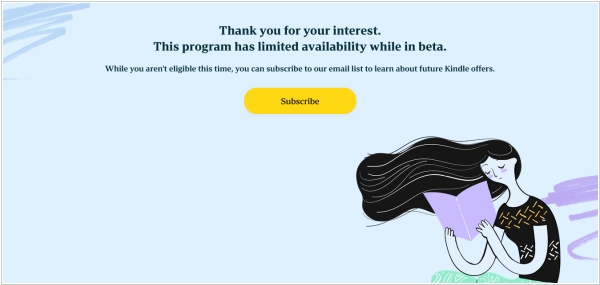
Amazon’s Kindle Rewards program—a rather exclusive beta affair for the lucky chosen few—promised an idyllic paradise where devoted readers could, at long last, collect points like intergalactic hitchhikers collect anecdotes. By buying Kindle Books and print books, these fortunate souls could amass Kindle Points to eventually redeem for credits toward even more books. But recently, in a move that’s left many clutching their Kindles in dismay, Amazon decided to dial down the generosity. Where once a dollar spent on Kindle books netted 5 points, now it delivers a mere 3; and print books, once good for 2 points per dollar, now only yield 1. And so, in this brave new world of lowered rewards, a determined reader must now gather a staggering 300 points just to claim a humble $3 credit. Suffice it to say, Kindle Rewards participants are grumbling across the cosmos, lamenting the shrinking spoils of their bookish loyalty.
2023. Amazon launches cheap ebook discovery program
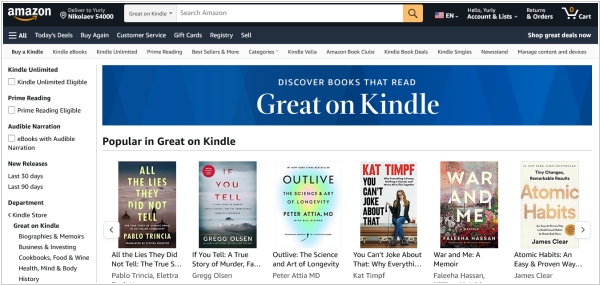
Amazon has recently introduced a new notification system called Great on Kindle for non-fiction titles in specific markets. This program offers several compelling features such as cheaper Kindle book prices compared to print editions, high-quality images that allow zooming in for a closer look and Wikipedia integration (which is already available in most Kindle books). "Great on Kindle" is prominently placed below the book formats (Kindle, hardcover, paperback, audiobook and CD) and has its own landing page that lists all the eligible ebooks. The "Great on Kindle" program offers significant benefits for consumers who purchase Kindle editions. However, the enrollment process for authors is another key feature that sets this program apart.
2018. Google Launches Talk to Books
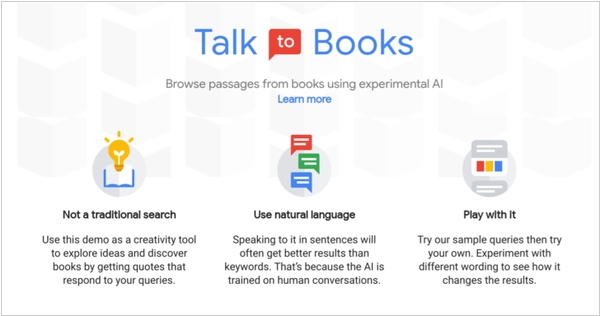
Google has just introduced a new service called Talk to Books. It offers a completely novel approach to discovering books by focusing on individual sentences rather than authors or topics. You can make a statement or pose a question and the tool locates sentences in books that address your input, without relying on keyword matching. Essentially, you're engaging with the books, receiving responses that can help you decide if you're interested in reading them.
2017. Amazon is renaming Kindle Books to Digital Books
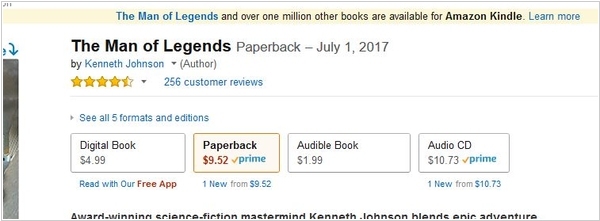
Amazon is altering terminology: Kindle eBook and Kindle Edition will now be referred to as Digital Book or eBook. Dropping the word Kindle from e-books clarifies to users that an e-reader is not necessary to access e-books, as there are now various platforms Amazon uses for reading or having books read aloud. For instance, you can now have e-books read aloud to you using the Amazon Echo and Alexa.
2016. Amazon Prime Reading is now available on iPhone and iPad
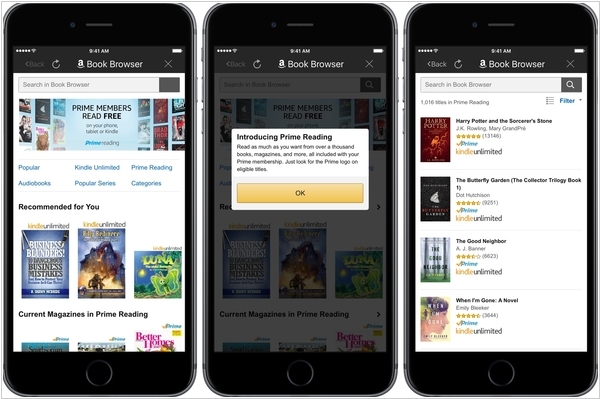
Amazon Prime Reading is a new initiative allowing you to read an unlimited number of books from a rotating selection of titles, similar to a scaled-back version of Kindle Unlimited. The platform features approximately 1,000 e-books and magazines and you can now access them on the Kindle app for iPad and iPhone. All the e-books are fully compatible with Page Flip, Popular Highlights, X-Ray and Goodreads.
2016. Google Books will now make better suggestions on what to read next
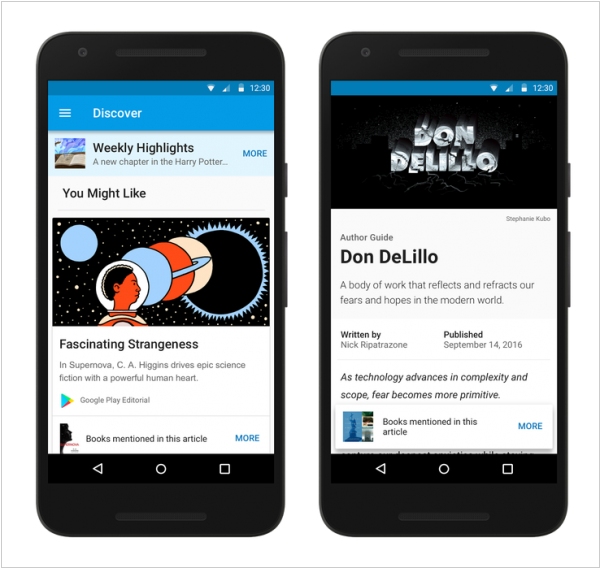
Google Books seeks to provide stronger competition to Amazon’s Kindle app by enhancing its capabilities for discovering new reading material. The new feature, named “Discover,” is a fresh section within the Google Books app designed to guide users toward new content, offering both personalized recommendations and suggestions based on popular trends within the broader community. It will propose new reads based on your activity in Google Books. Additionally, it will automatically recommend books featured in articles or videos you view elsewhere in the app, such as in the newly introduced “Weekly Highlights” section.
2015. Google Books project ruled legal by U.S. appeals court
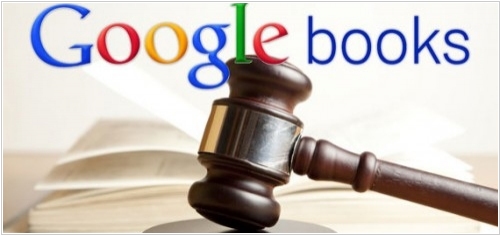
A decade-long legal struggle appears to be nearing its conclusion. A U.S. appeals court has ruled that Google's book scanning project, Google Books, does not breach copyright law, according to Reuters. This verdict follows a lawsuit filed by the Authors Guild and some independent writers against Google in 2005, alleging that the company's project would adversely affect their income. The Authors Guild claimed lost revenue and sued Google in 2005, with a lower court in New York siding with Google in 2013. Google argued that its initiative would enhance author income by introducing potential readers to works they might not have otherwise encountered. The 2013 ruling was confirmed by the 2nd U.S. Circuit Court of Appeals in New York on Friday, determining that Google's publication of excerpts constituted Fair Use and served the public interest.
2015. Amazon launched crowd-publishing platform Write On
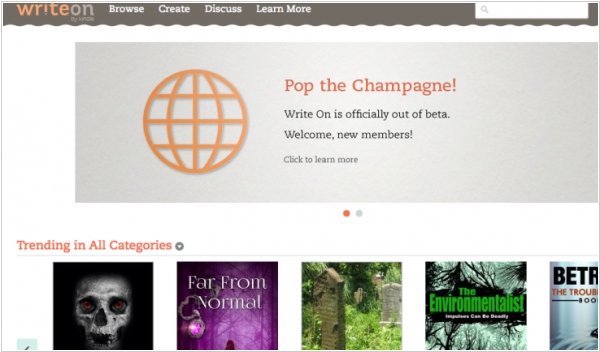
Amazon has a new crowd-publishing platform called Write On, which is a direct rival to Wattpad, the social network with self-publishing authors providing their content for free and collaborating with the community to incorporate feedback into their ongoing projects. The Amazon version launched last October as an invite-only beta, but now it’s a complete product available to everyone and the beta label is removed. The Amazon platform enables anyone to share anything they’re developing at any stage. They can offer entire works, chapters, outlines, general character sketches, or even just single snippets and solicit the community for feedback. You don’t have to write to participate, either – anyone who wants only to read has plenty of content to explore and sample, organized by genre and there’s a “shuffle” feature that directs you to a random work.
2014. Amazon.com continues price battle against big publishers
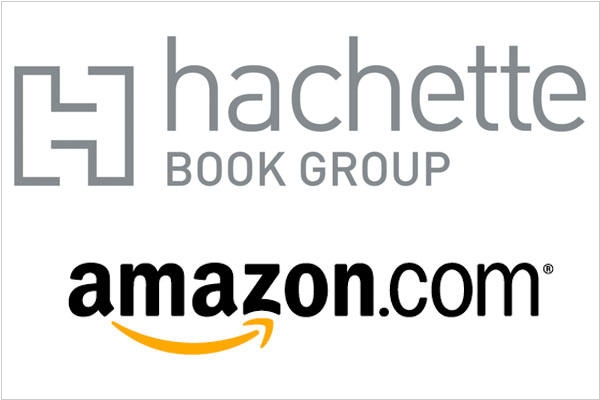
Over the past few months, Amazon has been waging a quiet struggle with Hachette (one of the largest publishers in the world) to secure more for "co-op" (that is, marketing funds publishers spend with retailers to ensure certain in-store or, in Amazon’s case, on-website marketing). Amazon was reportedly making it more difficult for readers to obtain the company’s titles. In addition to being slower to deliver Hachette products to customers, Amazon has also ceased discounting Hachette titles as much as before. Last week, Amazon removed preorder options for upcoming titles from publisher Hachette. Remember, back in 2010, Amazon stopped selling titles from another major publisher - Macmillan. But after public outcry, Amazon surrendered.
2013. Google Books survives the copyright fight
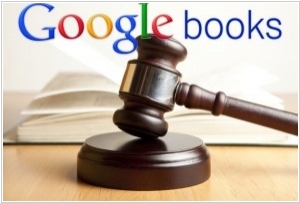
The eight-year-long legal dispute between the Authors Guild and Google Books has finally concluded. New York Circuit Judge Denny Chin stated that the book scanning constituted fair use because it was “highly transformative” and did not harm the market for the original works. “Google Books offers considerable public benefits,” Chin wrote, describing it as “an invaluable research tool” and noting that the scanning service has increased literary access for the visually impaired and helped preserve the text of old books from physical deterioration. Chin also dismissed the notion that Google's online book database was depriving authors of revenue, observing that the company does not sell the scans or provide complete copies of books. Instead, he concluded that Google Books helps readers discover new books and results in “new revenue for authors.” The Authors Guild now has the option to appeal the decision.
2013. Amazon offering descounted ebooks for purchased print books
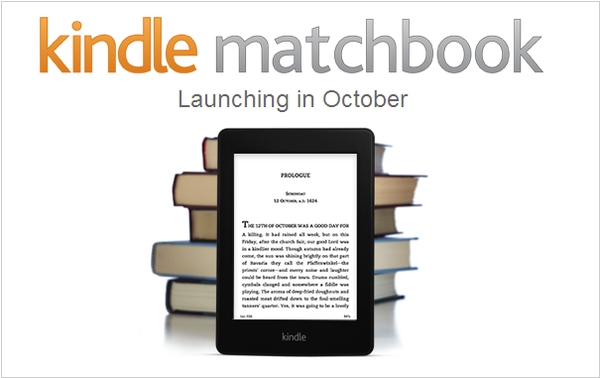
Amazon introduced a new initiative called MatchBook, offering customers a reward for purchasing a digital version of any physical book previously bought on the site. If you've ever purchased a printed copy of a book from Amazon, you can now acquire the Kindle version at a significantly reduced price — from free to $2.99. This offer extends to books bought as far back as 1995, when Amazon first launched its online bookstore. Besides being a valuable new advantage for customers, this also presents an opportunity for publishers and authors to earn more from each book they release. The program is set to launch in October.
2013. Overstock vs Amazon competition will reduce ebook prices
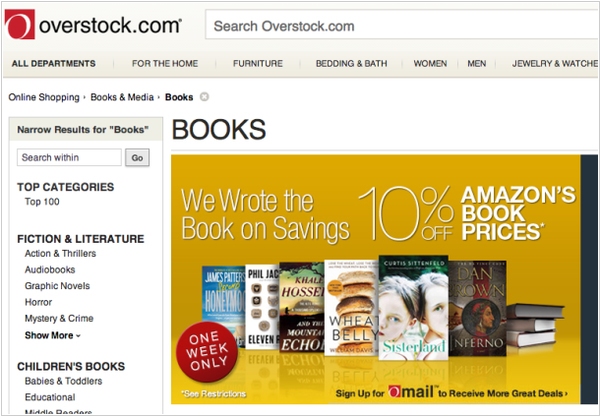
At the end of July, US online retailer Overstock.com launched a price war against Amazon, offering (for a week) 360,000 books at least 10% below Amazon’s prices. Following this, Amazon matched Overstock’s lower prices incrementally. Yesterday, Overstock announced it would extend its “10% below Amazon” price promotion for all books in its online store, so the price war will continue into a second week. While these are print books, the ebook market will likely be impacted as well.

